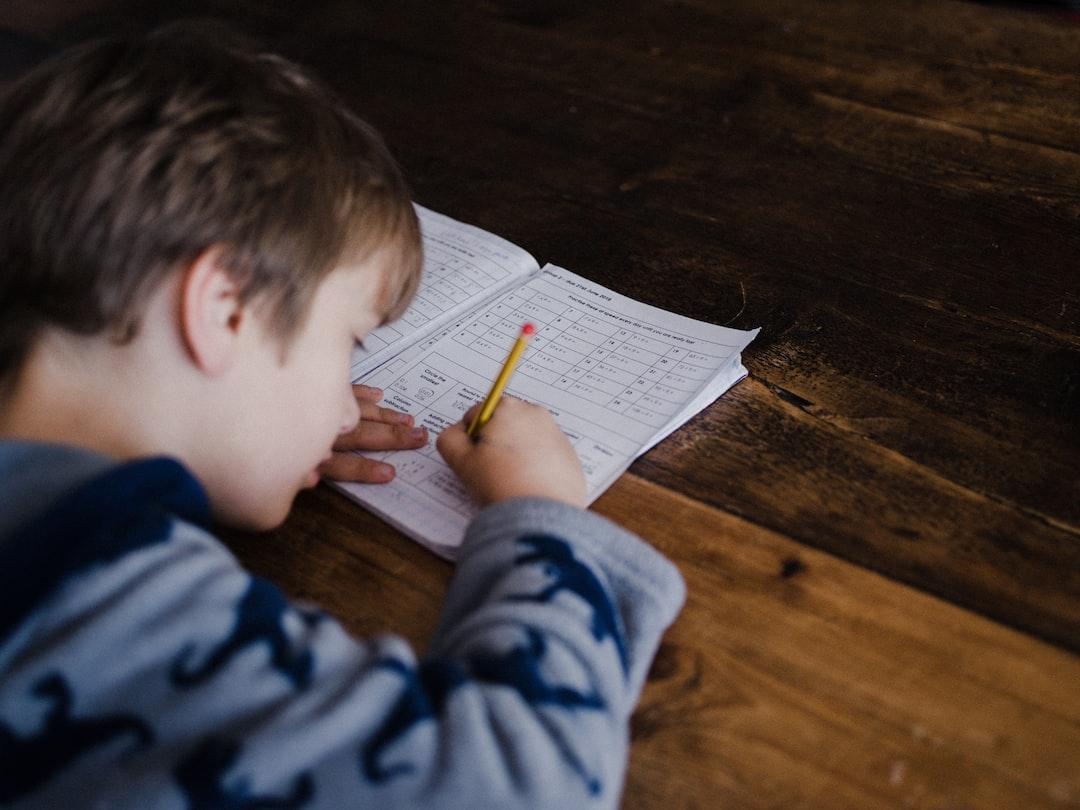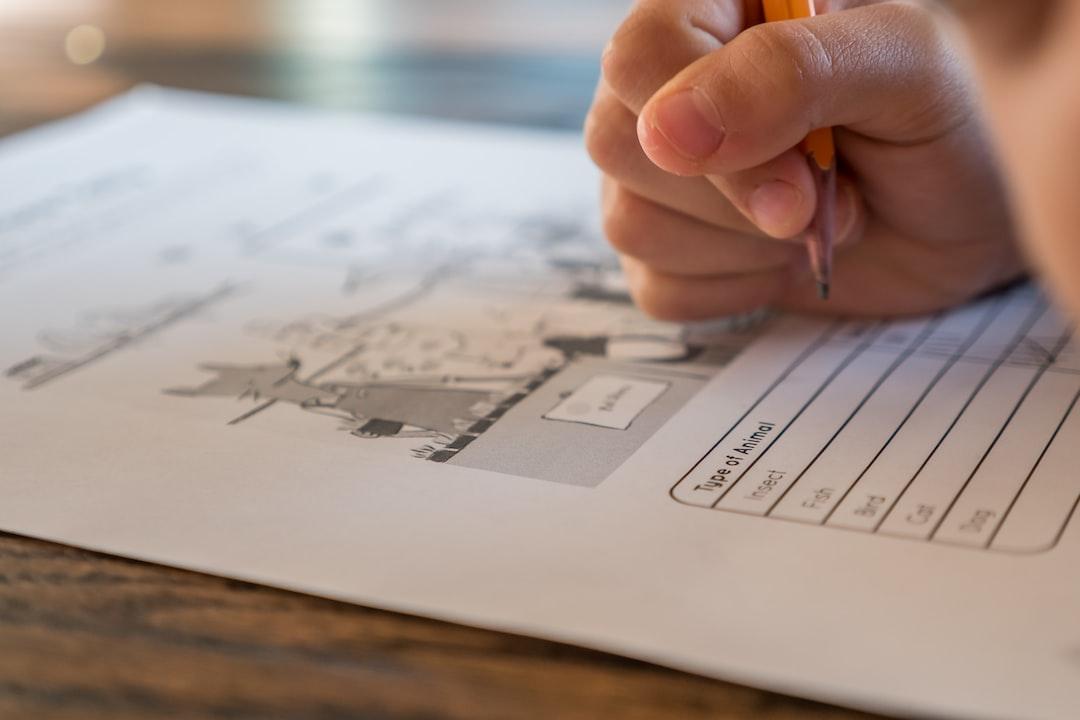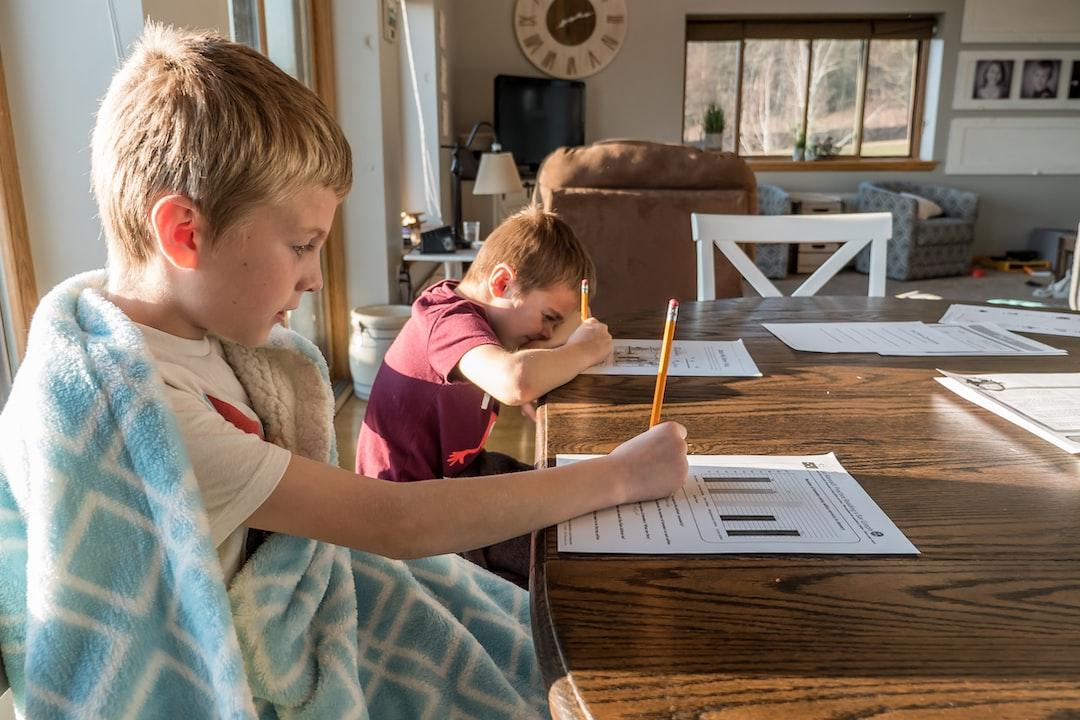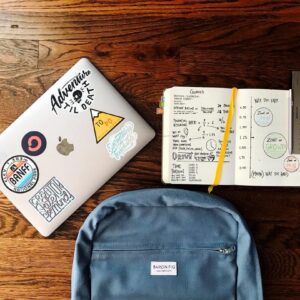
Studying with attention-deficit hyperactivity disorder (ADHD) can be challenging for many children as it can require listening, paying attention, and staying still, all of which may pose difficulties for students with ADHD. However, there are many effective ways to improve study time since there are more study tools and resources than ever before to facilitate studying with ADHD. Forming good study habits early on is one of the fundamental keys to success throughout a child’s educational career. Here are some ADHD study tips to help your student get the most out of each study session.
How Does ADHD Affect Students?
Many children begin school before they have an official ADHD diagnosis, and it’s usually teachers who spot the first signs. These signs can be put into two different groups. The first group includes the symptoms that have to do with attention, like getting distracted easily, being inattentive, and forgetting things. The second group includes impulsive symptoms, like being fidgety, shouting, or running around the classroom when the child should be seated.
Children with ADHD may find the classroom, with its sounds, movement, and people, distracting. Their minds often tend to think faster than their bodies can work, meaning they might not be able to complete tests and assignments in the same amount of time as their peers, which then impacts their grades. There is often a gap between the information that they’ve learned and their ability to demonstrate that knowledge on formal assessments of assignments. This leads to a lot of frustration in students with ADHD since they want to be able to show their abilities.
4 Tips for Studying With ADHD
While ADHD can have its ongoing challenges, your child can succeed with the right study routine and skills. Here are four tips to help your student learn how to study with ADHD so they can succeed and reach their goals in the classroom.
1. Create a Structured Study Environment
One of the best study tips for ADHD is to find a quiet study space where your child can get the most out of their study session. This designated study space may look different for students of different ages and abilities, but it’s important that your child has a place where they feel relaxed and free from distractions.
Have a Designated Place To Study
Experts agree that if you set up a study space at home, it should be a space that is for studying only and nothing else. Creating this space will help your child to have a space free from distractions that their brain can then associate with studying and doing homework. Older students might find it easier to set up a study space outside of the home, like in a quiet area of the school or public library. This can help your child get away from distractions like their cell phone, laptop, or pets. An outside environment, away from siblings, the comfy sofa, or other things at home can help your child stay on task until a designated break time.
Set Up a Study Schedule
Cramming the night before an exam isn’t an effective way for students with ADHD to get ready for a test. Instead, setting up a study schedule to break study sessions into smaller, more manageable tasks is much more effective. Reading can be difficult for kids with ADHD, so setting up a schedule that includes more dynamic ways to study, like creating practice tests or going over class notes, can be more useful.
While it may be tempting for your student to study for hours the night before a big test, remind them to stick to their schedule in the days before. Studying for 45 minutes or an hour a day on the days leading up to an exam is much easier since shorter periods will help your student stay on task. Making and sticking to a schedule is also a great way for your child to work on their time management and organizational skills.
2. Identify a Learning Style That Resonates With Your Child
Studies show that children with ADHD are visual learners, meaning they take in information better by seeing it and performing activities rather than listening or memorizing. People with ADHD tend to be right-brained thinkers and find visual learning aids like maps, organizers, and pictures to be especially helpful when learning and studying. There are a number of learning styles out there, so experiment with your child to see what works best for them as an individual.
3. Schedule Time for Breaks
Part of ADHD is that the brain uses energy differently. It’s normal for kids with ADHD to burn through energy quickly when performing cognitive processes, so it’s important to have scheduled break times throughout the day to let the brain recharge. This extra time is crucial so that your child doesn’t feel run down or worn out mentally later on throughout the day. Letting the brain take a rest ensures that the rest of the study session is productive and actually allows your child to accomplish more.
Researchers haven’t yet decided what amount of time is best for a break, but they do agree that short, frequent breaks work better for students with ADHD than one long break. Try the Pomodoro method with your child. After 25 minutes of studying, have them take a 5-minute break. Repeat this model for as long as they need to study or complete their homework.
4. Partner With ADHD-Knowledgeable Tutors
If you’re thinking about getting a tutor for your child, you want to make sure that you select one that has experience working with students who have ADHD. Tutors provide one-on-one attention to students, adapting to their needs and learning style while providing helpful strategies for studying and learning. Tutors who are specialized in learning disabilities know how things like ADHD can affect learning. They know that even if a student needs to take a few extra steps to get there, they will reach the finish line and achieve their goals.
Set Your Child Up To Have a Better Learning Experience
While these ADHD study tips are a great place to start, online tutoring tailored to your child’s needs and abilities can really give your learner the boost they need. Alexander Tutoring lets you access tutors who are experts in math and physics and understand that each student is different. Our tutors use effective strategies to make sure that your child has the skills they need to be a capable and confident learner. We’ve built our reputation on honesty, respect, and empathy, values that shine through in each of our tutors. Contact Alexander Tutoring today and get your child started on the path to success!




